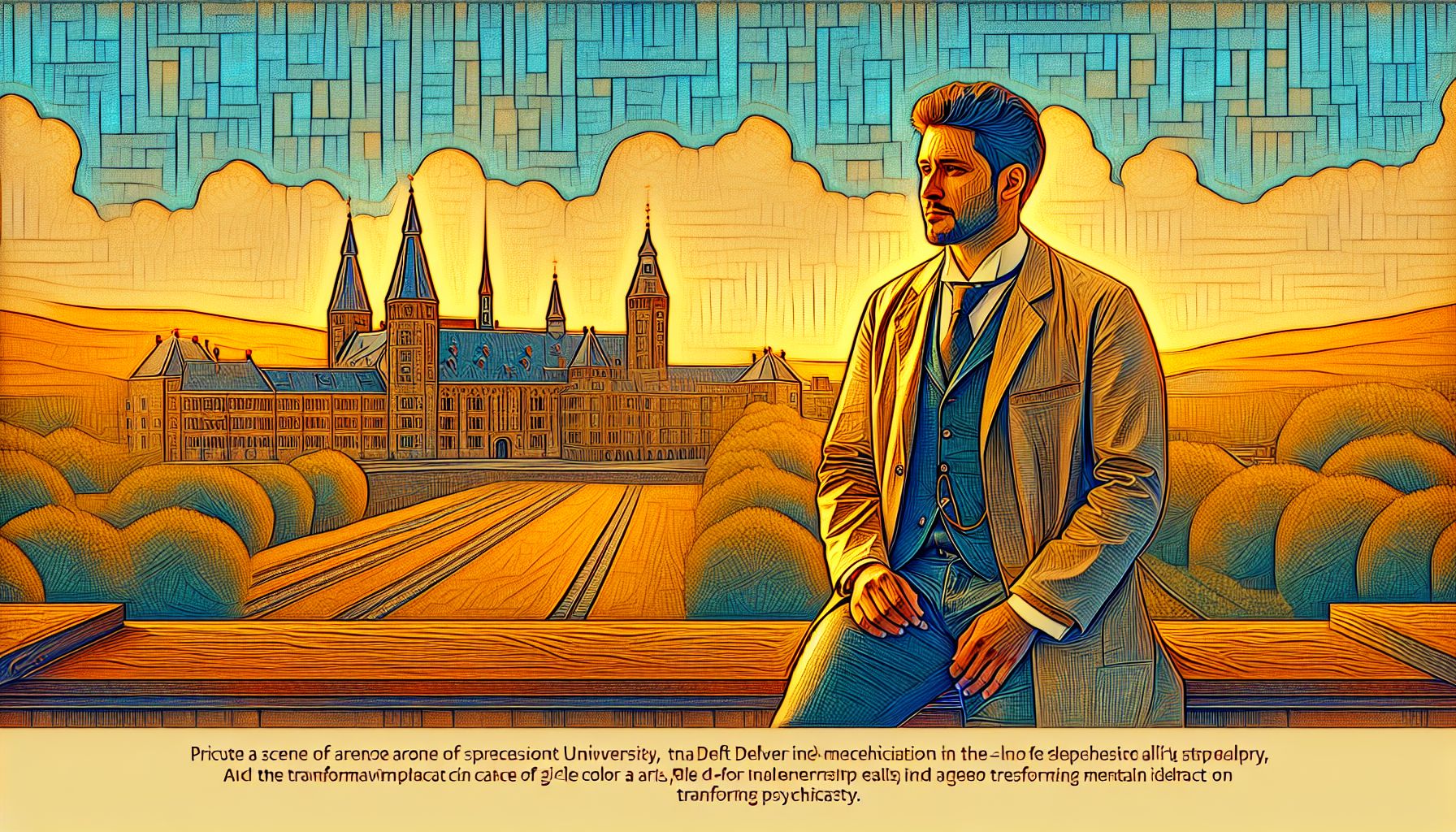TU Delft Professor Highlights AI's Role in Transforming Psychiatry

Delft, Monday, 23 December 2024.
Prof. Dr. Justin Dauwels discusses AI’s potential to enhance psychiatric diagnosis and treatment, emphasizing its transformative impact on mental health practices in the Netherlands.
Upcoming Distinguished Lecture on AI in Psychiatry
Professor Dr. Justin Dauwels from TU Delft is scheduled to deliver a distinguished lecture on AI applications in psychiatry at an IEEE event on January 28, 2025 [1]. The lecture, taking place at the Bangalore Chapter, aims to explore the transformative potential of artificial intelligence in mental healthcare, highlighting recent developments in the field where AI has shown promising results in analyzing complex medical data [3].
AI’s Growing Impact in Mental Healthcare
The integration of AI in psychiatry represents a significant advancement in mental health treatment. Current applications include machine learning and natural language processing techniques for extracting clinical symptoms, classifying illness severity, and providing psychopathological insights [2]. Studies have shown impressive results, with some algorithms achieving up to 82% accuracy in diagnosing conditions like PTSD through text analysis [2]. These developments are particularly relevant as healthcare systems worldwide seek to enhance diagnostic accuracy and treatment effectiveness [3].
Addressing Mental Health Professional Challenges
The implementation of AI in psychiatry comes at a crucial time when mental health professionals face increasing workload challenges. Recent studies indicate that healthcare workers experience significant levels of stress and burnout, with some reports showing burnout rates of up to 50% among healthcare professionals [5]. AI-driven solutions, including automated symptom tracking and treatment response prediction, could help alleviate these pressures while maintaining high standards of care [5].
Future Implications and Ethical Considerations
While AI shows promise in transforming psychiatric care, important ethical considerations must be addressed. These include data privacy concerns, the need for human oversight in clinical decision-making, and ensuring AI systems are free from bias [3]. The upcoming lecture by Prof. Dauwels is expected to address these challenges while highlighting the potential benefits of AI integration in mental health practices [1].

